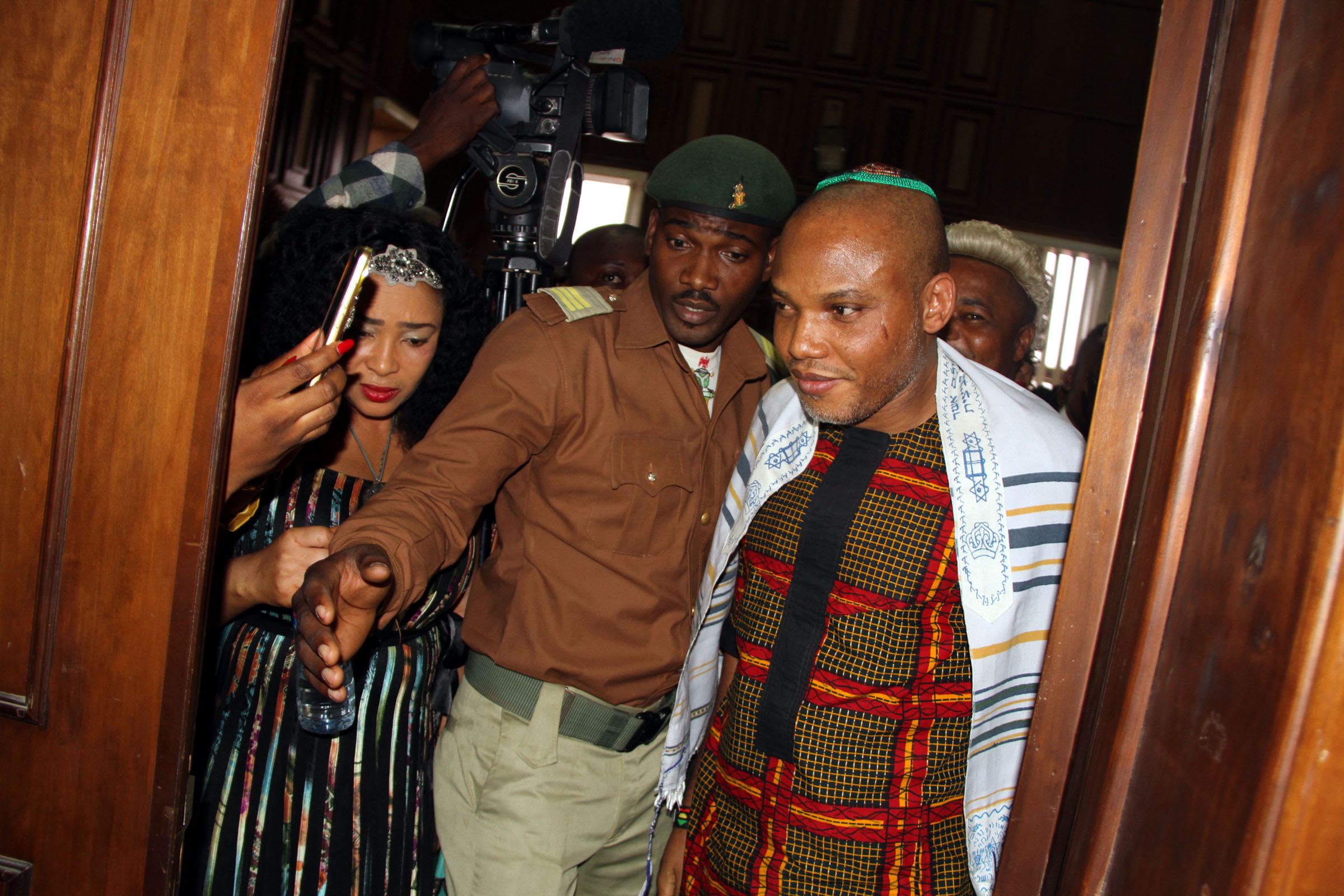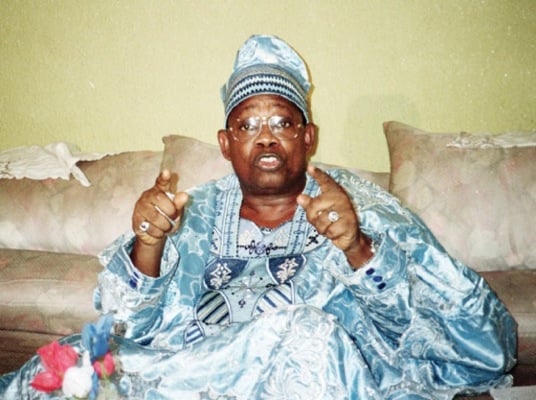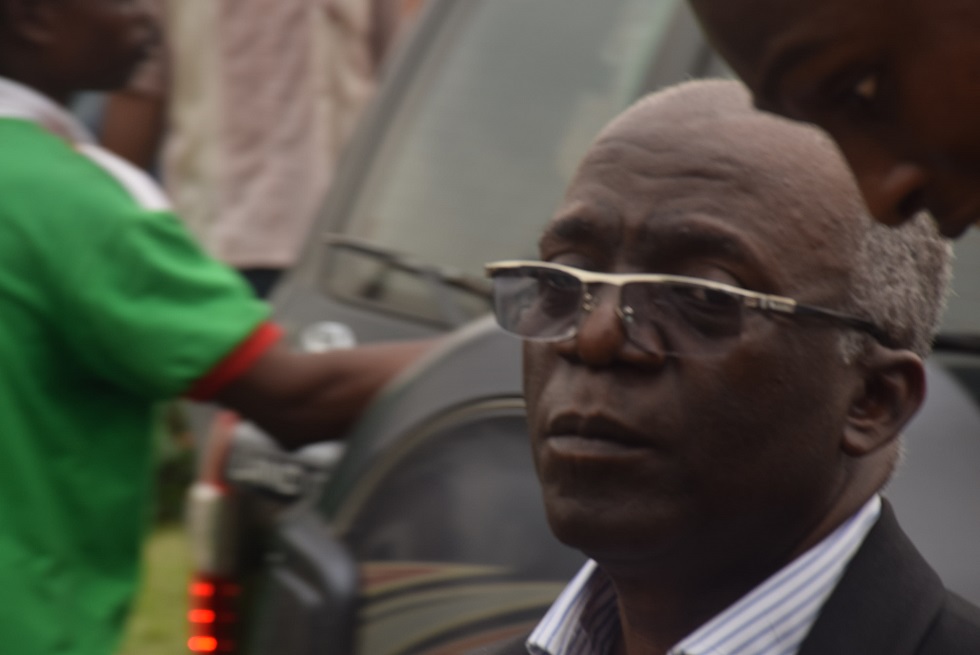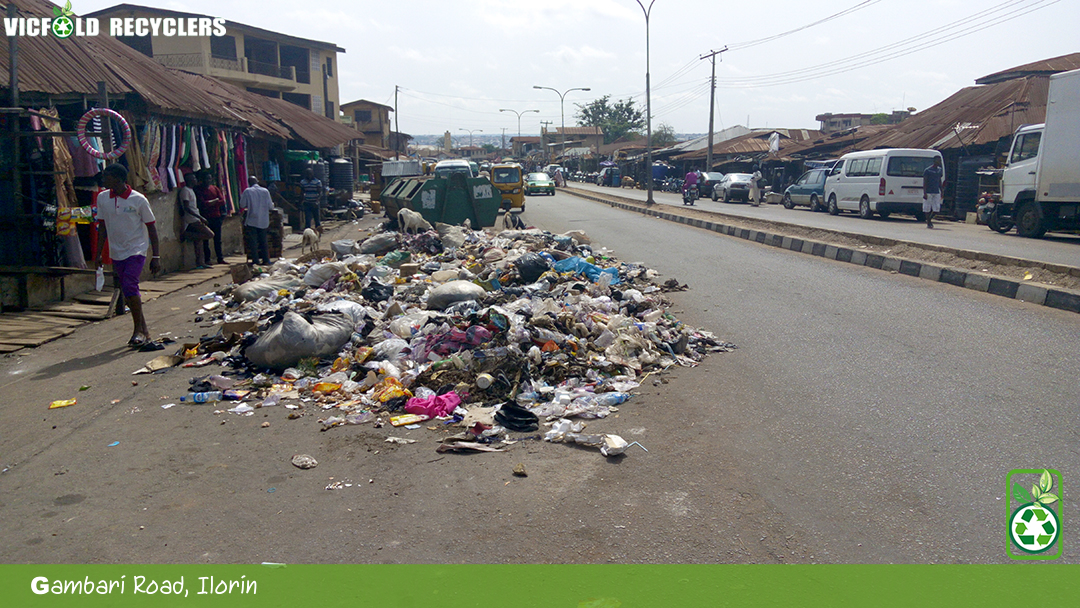By Charles Chika
If the likes of Nnamdi Kanu and his Ipob had their way, the likes of me would no longer be Nigerian. We would be Biafran, in a utopian state where the commonality of language and culture would magically make everything work. In allegedly pushing for this Nirvana, Ipob and Radio Biafra have seen it fit to spew forth vile abuse of Nigeria and the other ethnic groups in the country, especially that mysterious collective known as the ‘Hausa-Fulani.’
I am still waiting for a rationale explanation of how the right to self-determination became the right to insult other peoples and cultures. I am still waiting to learn when it became acceptable for bigotry to be the foundations of building a sustainable and successful society in the 21st century. I am still waiting to know why this inflammatory and senseless rhetoric has been allowed to fester and even acquiesced to by putative Biafrans, including so-called leaders and elders who have been falling all over themselves to be photographed with Nnamdi.
The Biafra that is gestating in the premises is built on a lie. Or rather, on many lies. One is that ethnic homogeneity is the alchemy for successful nation-building. That is a big fat lie as Somalia and Eritrea can testify. Ipob acolytes hold up Singapore’s economy as what little Biafra will become but the former’s multi-ethnicity controverts the thesis of cultural uniformity as catalyst.
The subjective empiricism of public governance in the South East, particularly since 1999, does not also lend itself to validation of the ethnic utopia promise. A critical index is the nous to generate revenue internally which is crucial to public finance and therefore to the sustainability of a modern state. Take away federal revenue allocation, ‘Niger-Delta money’ in other words, and the South East is a sorry story.
It is amazing that anyone among a people who have built incredible economic prowess and success based on commerce and migration would endorse the voluntary relinquishing of citizenship and its freedoms over a large market territory, with untrammeled sea access, in favor of a much smaller, landlocked one. ‘Biafrans’ are ironically the most Nigerian of Nigerians. They have set roots all over Nigeria in pursuit of not only their famed trading but also practically every other calling. Many have become fluent in the local languages to an extent that no other ethnicity in Nigeria can match. Is Ipob’s myopia and little-mindedness consistent with the manifested proclivities and natural inclinations of the ordinary hardworking Biafran for whom Nigeria is ‘free range’?
The neo-Biafra movement has worked itself into a fury on the perceived underdevelopment of the East and blames Northerners, Westerners and whoever else but Easterners. Talk of ‘we no longer want to be their slaves’ is now rife among neo-Biafra propagandists and their growing acolytes. But is this not unwitting admission that the other groups that neo-Biafrans seek to denigrate are actually more savvy and tactful than the Biafrans themselves?
The pity in all this is that bigotry usually finds mass subscription if not challenged early and quickly nipped. Ipob’s battle cry has now been taken up by all sorts of nebulous groups and characters in the North. History is replete with the genocidal results of the path which we recklessly tread, Rwanda being but one in a long line from time immemorial. Neither the guardians of the Nigerian state nor the various regional intelligentsia seem to want to do more than trifle with the issue, figuratively fiddling while matches are being lit around a tinderbox.
There seems to be a sense among Nigerian politicians that this just another game in the perennial jostling by the elite to sequester state power and gain control of national purse strings. Yet, as we have seen the world over, and especially in 1966 Nigeria, this game – the one built on fanning the embers of tribal hatred – is a very dangerous one that quickly spirals out of control.
The case for a better Nigeria can be better and more effectively formulated. It can be more responsibly canvassed and debated. There is no need whatsoever to imperil the lives of millions of Nigerians in the process. It is for that reason that I will forever repudiate a Biafra that is built on an Ipobian vision of bigotry, megalomania, ignorance, hate and delusion. I also repudiate the equally condemnable responses from all sorts of charlatans in other parts of Nigeria seeking to join the bandwagon of interethnic invective and conspiracy theorising .
It is high time that right-thinking Nigerians spoke up. We must not let ourselves be used as canon fodder by an irrational few seeking self aggrandizement under the guise of championing ethnic interests. I will speak and continue to do so on the path of rectitude, tolerance, mutual respect and peace and progress. And if that makes me a Biafran rebel, so be it.
Chika (not real name) holds a PhD from the School of Oriental and African Studies, London and an MSc in African Studies from Oxford University, among several other degrees.
Views expressed by contributors are strictly personal and not of TheCable.
3 comments







Finally, people with common sense are opting to speak up
About time too. Moderates on all side need to let the hotheads and their elite backers know that we are not ready to be co opted into their endless war gaming in order for them to reap more loot
I have never been in support of hate speeches against other ethnic groups in Nigeria. We can achieve our goals without disintegration and hate speeches.